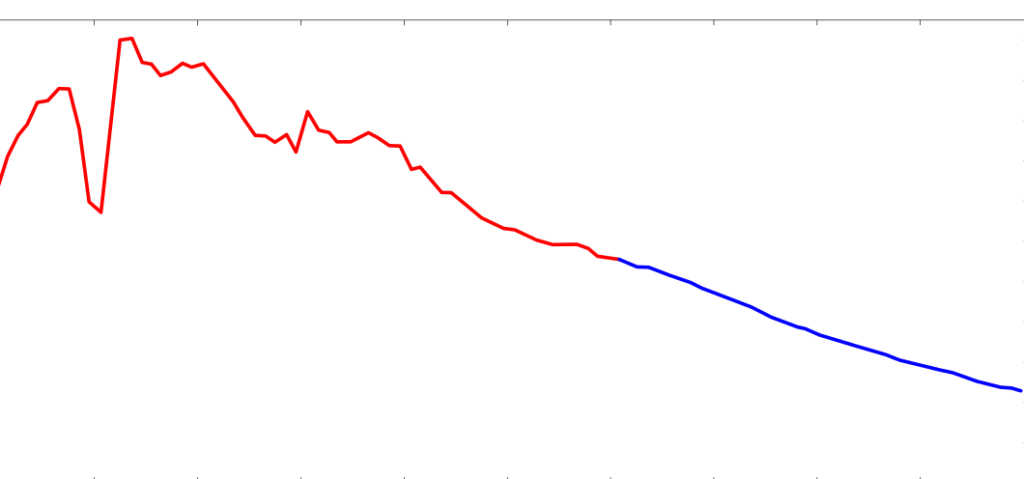The global population boom is losing steam. For the first time in history, we’re seeing a significant slowdown in population growth, with projections suggesting that global numbers might peak around 10 billion by the 2060s before beginning to decline. But what does this mean for our planet and its environment? Let’s break it down. 📉🌎
🕰️ The Demographic Shift: From Boom to Bust
Over the past few decades, many wealthier nations have already experienced declining populations. Countries like Japan, China, and much of Europe are seeing sharp decreases in birth rates. This trend is set to expand globally, with some projections indicating that by the end of the century, nearly all countries will have fertility rates below replacement levels.
Key Factors Driving Decline:
- Demographic Transition: As nations industrialize, fertility rates drop due to improved access to education, career opportunities, and reproductive choices for women. 👩🎓👩💼
- Aging Populations: With fewer births and longer life expectancies, the world is facing an unprecedented rise in the elderly population, particularly in developed countries. 👵🧓
- COVID-19 Impact: The pandemic accelerated this demographic shift by temporarily depressing birth rates and increasing death rates. 🦠📉

💼 Economic Concerns vs. Environmental Hopes
A shrinking population might seem like a win for the environment, potentially easing the strain on natural resources. But the reality is more complex:
Economic Worries:
- Labor Shortages: Fewer young people entering the workforce could lead to economic stagnation, with fewer workers supporting a growing elderly population. 📉👩⚕️
- Migration Pressures: Countries might adopt more liberal immigration policies to offset declining populations, but this could shift environmental impacts as migrants often increase their carbon footprint upon moving to wealthier nations. 🌍✈️
Environmental Implications:
- Energy and Consumption: Surprisingly, older populations tend to use more energy, particularly in their later years, which could offset any environmental benefits from a declining population. 🏠⚡
- Resource Disparity: High-income nations consume far more resources per capita than developing countries, meaning that even with fewer people, the environmental impact could remain high unless consumption habits change. 🍽️💡
🌱 Will a Smaller Population Save the Planet?
Environmentalists have long hoped that a declining global population would alleviate some of the pressure on the Earth’s ecosystems. However, the key question remains: Can we decouple economic growth from environmental degradation?
Challenges Ahead:
- Sustainable Development: As countries grow wealthier, they must find ways to reduce their environmental footprint, focusing on renewable energy, sustainable agriculture, and circular economies. 🌿🔄
- Climate Migration: The looming threat of climate change could force millions to migrate, altering global emissions patterns and potentially increasing the environmental burden in some regions. 🌡️🚶♂️

🌏 The Future of Population and the Planet
The decline in global population growth is an unprecedented shift that could bring both challenges and opportunities. While fewer people might mean less pressure on the environment, the solution isn’t as simple as just reducing numbers. We must also address consumption patterns, emissions, and sustainable practices to truly protect our planet. 🌍♻️
As the world changes, the relationship between population and the environment will be more crucial—and complex—than ever before. How we navigate this new era will determine the future health of our planet. 🌱🚀
Don’t miss out on future insights into demographic changes and their environmental impacts. Follow us for more in-depth coverage and exclusive content!
